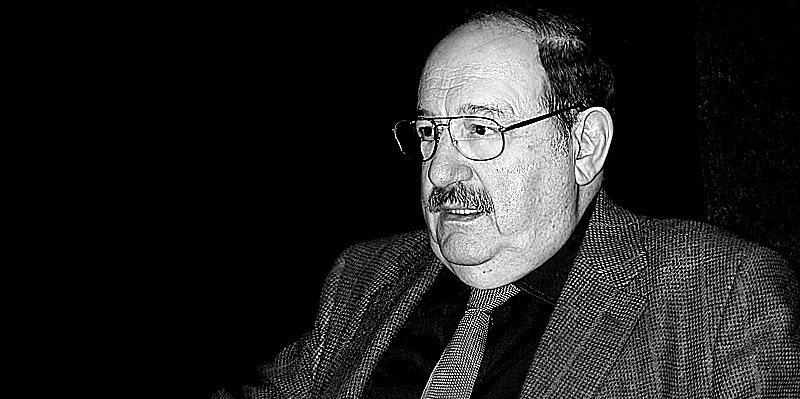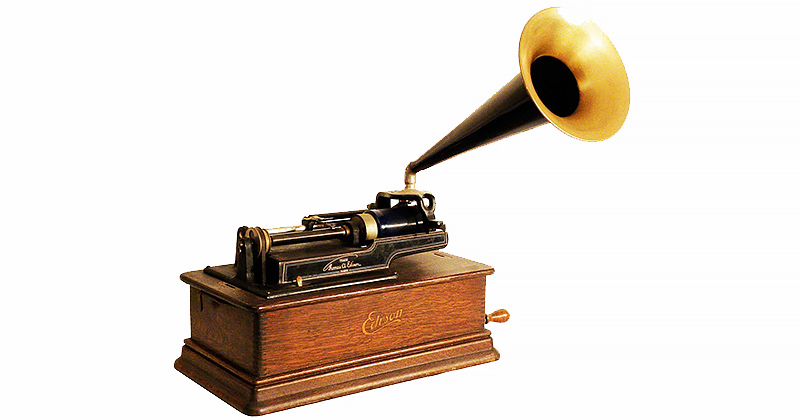The Kids Are Alright With Religion

Gary Laderman Now here is the punch line: these were 8th graders! My usual audience is college kids at Emory University, but this was a guest lecture at a nearby middle school, and it was for the “comparative religion” section of their curriculum. These students were getting a carefully designed introduction to the study of religion. In 8th grade. In Georgia even.
From Bodily Resurrection to Spiritual Machines: Being Human in the Age of Intelligent Machines, Part 2

Sylvester Johnson In a letter to new converts in Corinth, the provincial capital of Achaia, the messianic Jewish preacher Paul of Tarsus affirmed for his followers that they were assured a respectable existence in the afterlife. As an astute Platonist, Paul appreciated the ‘common sense’ that dictated material entities—the human body, in this case—could not participate in eternal economies of the spiritual plane.
The Wisdom of Umberto Eco

Ed Simon If the loss of Eco is both a loss of a genuine public intellectual who saw no shame in celebrating complexities, then it is also the loss of a scholar who transcended the boring culture war debates that bifurcate all experience into the religious and the secular. He understood the undeniably sacred nature of the written word, where all interpretation must in some sense be exegetical.
Doomsday Politics

Kelly J. Baker In 2008, some conservative evangelicals declared on email, websites and forums that the future president, Barack Obama, was not a Muslim in hiding, but decidedly more dangerous. They compared Obama to the charismatic Anti-Christ of the of the Left Behind series, Nicolae Carpathia.
Sacred Matters of Coen

Elijah Siegler For years the debate was whether the Coens had any serious background or interest in religion at all. Certainly it was there in their movies—but was religion just one more element in their ironic postmodern mix of genre, American folklore, and popular culture? Religiously minded viewers could have been reading too much into it.
7 Questions for Lerone A. Martin

Lerone A. Martin During my research, I discovered that most scholarship on religious media focused primarily on the mediums of print, radio, and television. Moreover, these historical accounts almost exclusively detailed the experiences of white Protestants, while simultaneously ignoring race as an analytical category. This led me to write my dissertation and ultimately Preaching on Wax: an interwar narrative that de-centers whiteness and radio in the history of American religious broadcasting by explaining how black clergy, largely marginalized from radio on account of racial discrimination, made the phonograph a vital medium of religious broadcasting, a phenomenon I have dubbed phonograph religion.
